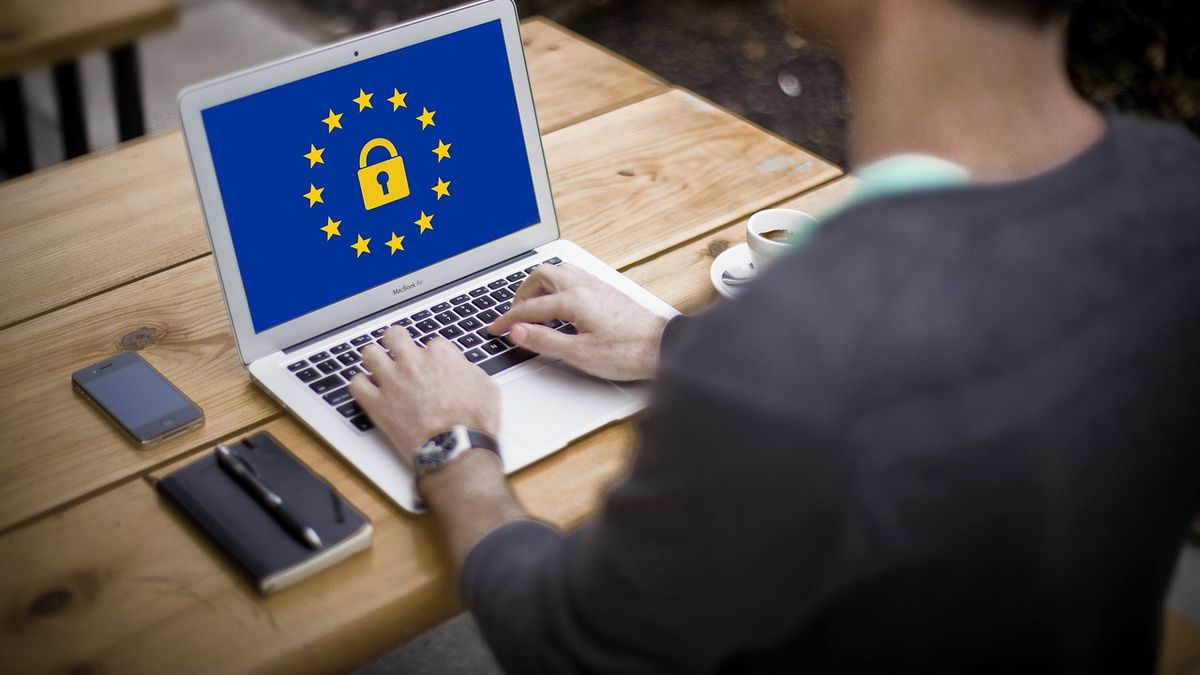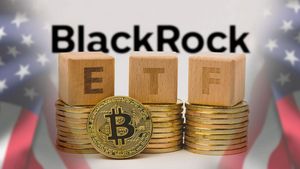YOGYAKARTA - No doubt when it comes to cyber powers, Indonesia is certainly the champion. This is because based on research by the Indonesian Internet Service Organizing Association (APJII), there are 210 million Indonesians or 77.02% of the total population who have been connected to the internet in the 2021-2022 period. This time we will discuss campaign rules through social media.
Almost all aspects of people's lives are influenced by the progress of social media, listed in the political field. Social media sites such as YouTube, Twitter, Facebook, and Instagram are used as campaign equipment for political parties or candidates competing in general elections.
Judging from the high number of social media users in Indonesia and continuing to approach next year's elections, has there been a clear provision for campaigning on social media?
Launching from several sources, while talking with Adinda Tenriangke Muchtar, Executive Director of The Indonesian Institute. This institution has just produced research results entitled 'Prevention of Political Campaigns on Social Media'.
For Adinda, the provisions regarding campaigns on social media have not been specifically and clearly regulated. Not only that, there is an inconsistency in the arrangement between the General Election Commission (KPU) and the General Election Supervisory Agency (Bawaslu). As a result, the form and mechanism used to distribute administrative sanctions against campaign violations on social media is still not sufficient.
Adinda also felt the need for efforts to unify the description between the KPU and Bawaslu along with campaign definitions, definitions of social media, campaign modules, campaign procedures, bans on campaigns, campaign advertisements, and sanctions for campaign violations on social media.
Indonesia needs regulations from the KPU that are adrift of transparency standards and accountability in advertising political campaigns. On the other hand, Bawaslu is obliged to strengthen the enforcement of administrative sanctions for violations of political campaigns on social media and to regularly inform the public about cases of existing violations.
Kominfo Response
With devices and internet connections, netizens can easily create more than one account on one social media platform. In fact, it is possible that one person can have dozens or even dozens of accounts on social media.
Launching from the official website kominfo.go.id, social media has become a fertile ground for information dissemination, which certainly has not been confirmed. Initiative Code Researcher Veri Junaidi said social media is an easy means for spreading fake news, negative content and black campaigns.
"This social media is the most crucial, because there are hoaxes, black campaigns, SARA issues that can spread easily," said Veri Junaidi.
Thus, arrangements related to campaigns on social media by the KPU and its handling by the Election Supervisory Body (Bawaslu) must also receive special attention.
Currently in the Election Law, criminal regulations related to campaigns have not regulated the use of social media.
In Law Number 7 of 2017 in articles 491, 492 and 493, criminal threats and fines are regulated for anyone who obstructs campaigns, carries out campaigns beyond schedule, and violates campaign provisions.
So after knowing the campaign rules through social media, see other interesting news on VOI, it's time to revolutionize news!
The English, Chinese, Japanese, Arabic, and French versions are automatically generated by the AI. So there may still be inaccuracies in translating, please always see Indonesian as our main language. (system supported by DigitalSiber.id)













